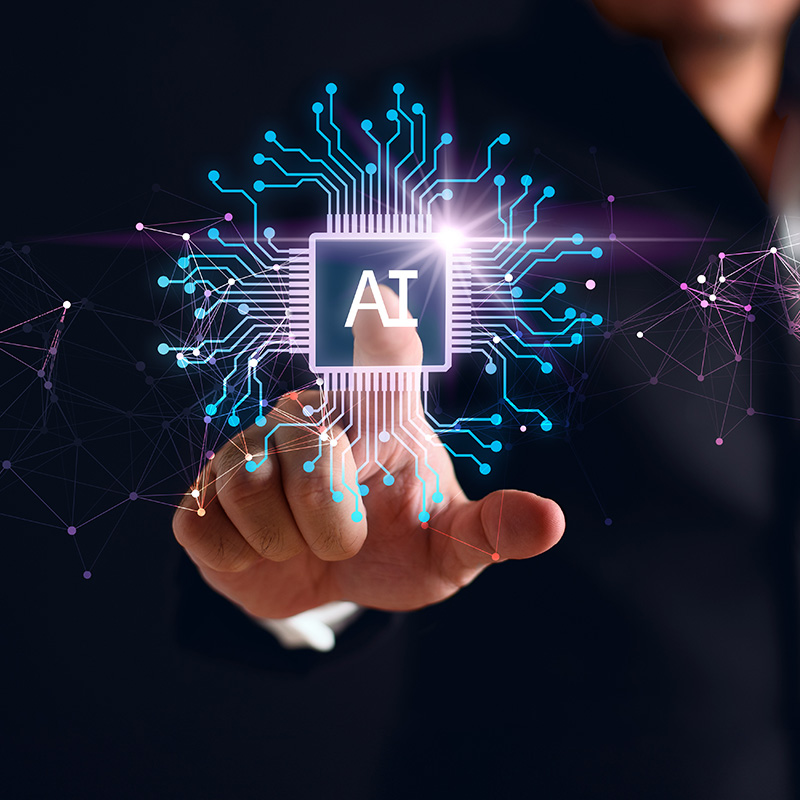The Future of Website Content Creation: AI’s Pivotal Role and Its Impact on Human Engagement
In an age where technology continues to redefine the way we live, work, and communicate, the role of artificial intelligence (AI) in website content creation is emerging as a game-changer. As AI-driven content generation becomes increasingly sophisticated, it’s essential to explore its implications for the long-term relationship between humans and auto-created content.
AI’s Evolving Role in Content Creation
AI, particularly natural language processing (NLP) models like GPT-3, is revolutionizing the way content is generated. These advanced algorithms are capable of understanding context, generating coherent text, and even mimicking human writing styles. Here’s how AI is making waves in content creation:
- Efficiency: AI can produce vast amounts of content in a fraction of the time it would take a human. This efficiency is particularly advantageous for businesses looking to maintain active online presences.
- Personalization: AI can tailor content to specific audiences, making it more engaging and relevant. It uses data analysis to understand user preferences and adapt content accordingly.
- Consistency: AI ensures consistent tone, style, and accuracy across all content, which is crucial for branding and maintaining a professional image.
- Multilingual Content: AI can easily translate content into multiple languages, breaking down language barriers and expanding global reach.
The Future of Website Content Creation: AI’s Pivotal Role and Its Impact on Human Engagement.
The Effects on Human Engagement
While the advantages of AI in content creation are evident, what about its long-term impact on human engagement with auto-created content?
- Quality vs. Quantity: AI can generate content quickly, but quality control remains a challenge. Humans are skilled at infusing content with emotion, creativity, and context, which AI often struggles to replicate.
- Loss of Authenticity: Content created by AI may lack the authenticity and personality that human-generated content brings. Engaging storytelling and unique perspectives are difficult for AI to replicate fully.
- Maintaining Trust: The relationship between brands and their audiences relies on trust. If consumers perceive that AI-generated content is inauthentic or misleading, it can erode trust and damage brand reputation.
- Oversaturation: The mass production of AI-generated content could oversaturate the internet, making it harder for users to find meaningful and valuable information.
A Harmonious Coexistence
The key to the future of website content creation lies in a harmonious coexistence between AI and human creators. AI can be a powerful tool to assist humans in content generation, freeing them from repetitive tasks and enabling more time for creative thinking.
By harnessing the strengths of both AI and human writers, we can ensure content that is not only efficient and data-driven but also emotionally resonant and unique. Striking this balance will allow for more engaging, valuable, and trustworthy content that truly resonates with users.
AI’s role in the future of website content creation is undeniable, but the effects on human engagement with auto-created content are nuanced. As AI continues to evolve, it’s our responsibility to use it as a tool to enhance the human touch in content creation. The future is not about replacing humans with AI; it’s about embracing technology to create a richer, more dynamic online experience.

